The Ethics of Power:
Few men are above the lure of power. Common men worship power, ambitious men aspire to it, while big men wield it. Power is neither good nor bad; it is the use that you make of it that makes it one or the other. No man in his life has enjoyed so much real power as Mahatma Gandhi did; his power extended over the hearts of hundreds of millions all over the globe, yet he used that colossal power for the good of humanity and for the service of the fallen and the oppressed. After the General Elections which swept Mr Nehru’s Congress into power, the Western press called Mr Nehru the most powerful person in Asia. Yet Mr Nehru used that limitless power to promote Panch Sheela and world peace, and not for self-aggrandisement or exploitation of any people. That is the Ethics of Power.
Power, said Lord Acton, corrupts, and absolute power corrupts absolutely. The kings of old had more power than they could digest. Their word was law; they had the power of life and death over their subjects. So they went power-mad and began to tyrannize the people. Such kings had to be killed like mad dogs, as during the French Revolution and the Russian Revolution at their start. King Louis XIV and the Czar of Russia abused their powers and so they met an ignominious death.
Freud thought that sex is the strongest motive force in the world, but philosopher Adler was of the view that love of power is the greatest impulse. Julius Caesar became a world-conqueror, as a result of his love of power. Alexander, Chengz Khan, Napoleon and Hitler spilt riverfuls of blood and plunged the world into devastating wars, not for any public good, but to attain unlimited power for themselves. The pages of history that proclaim them ‘Great’ are red with the blood of innocent millions, who died so that their ‘greatness’ may live through the ages.
Military heroes built their power on war and the reign of terror. They were feared and obeyed, not loved and respected. Of a different category are the heroes of peace, who rule by love and whose kingdom is the heart of men. Lord Krishna, Buddha, Christ, Muhammad, Nanak and other prophets and founders of religions have wielded more power than the proudest conqueror could ever dream of; their teachings have moved the hearts of countless millions. Centuries come and go but their power goes on forever. Nearer home, Gandhiji’s great power was based on love and willing obedience of the masses; he had not a vestige of military or governmental power. Similarly, thinkers like Plato, Aristotle and Karl Marx, scientists like Galileo, Newton and Einstein and poets like Shakespeare, Goethe and Homer have changed the course of man’s thought and given a new turn to the current of history. Bertrand Russel says, “If I had to select four men who have had more power than all others, I should mention Buddha and Christ, Pythagoras and Galileo”. The power of love succeeds and lasts, whereas the power of sword gleams for a moment, then fails and vanishes.
“Power said to the world, ‘You are mine’; the world kept it, prisoner, on her throne. Love said to the world, ‘I am thine’; the world gave it the freedom of her house”- Tagore.
The history of the world is the history of the wars, and the history of the wars is the history of the struggle for power. The last two World Wars were fought to decide whether Germany or the Allied Nations should dominate the world. Every ambitious leader dreams of being an M.L.A. or an M.P. and every M.P. aspires to be a minister. Do they want these chairs, because they are burning with a desire to do good to the public or is it to capture the power and look important in the eyes of their companions?
God is Omnipotent; He is All-Powerful. The Bible tells us of the earliest struggle for power: that between God and Satan. Satan rebelled against God to capture His throne and rule over heaven and the universe. Satan lost the war, and was thrown in hell; but even in hell, he felt happy to enjoy power and kingship. Driven out of heaven, condemned to pass his days in the dark hell, Satan still said with satisfaction:
“Better to rule in hell than serve in Heaven”.
If gods and angels suffered from the love of power, man is not to be blamed if he too becomes a victim to the lust for power. If we could, we would conquer countries and put the globe in our pocket. Today’s world worships science since science has given man power over earth and sea, air and outer space. The Sputnik circling over our heads proclaims to the stars the power of man. We seek to move earth and heaven, to defy the elements and throw a challenge to the Almighty God.
It is good to have the strength of a giant, but it is bad to use it like a giant. Jinnah was a megalomaniac (mad after power), he wanted to go down in history as the founder of a new state. Pakistan was created with the blood and tears of the millions; mass murder, stabbing and arson were the means to it. The wails of the millions of refugees cry out against Jinnah’s passion for power. And now power-hungry politicians in Pakistan wage a constant struggle for power. Pakistan changes her Prime Minister as the trees change their leaves; the whole procession of them keeps entering and quitting the stage. Politicians don’t worship God; they worship the Goddess of Power.
The ethics of power is that power should be used for the good of all, not for personal gain or for the advantage of one’s class or community; or for the glorification of the privileged few. Greater and greater power gives one an opportunity to serve a larger and larger mass of people. Gandhiji, who overwhelmed the world with his flood of love and non-violence, desired no power or importance for his own self. He closes his great autobiography with the words:
“I must reduce myself to a zero”.
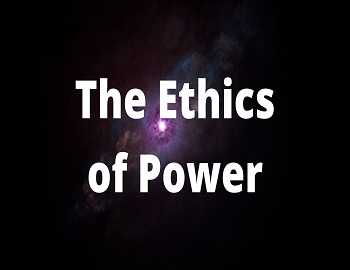

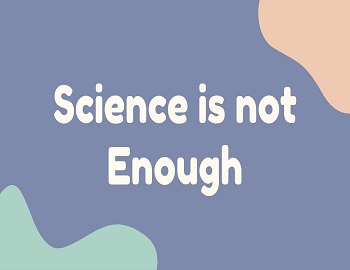
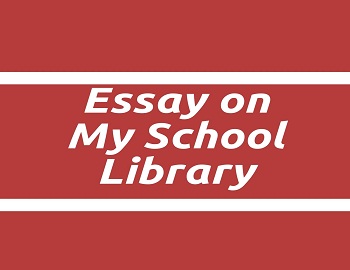
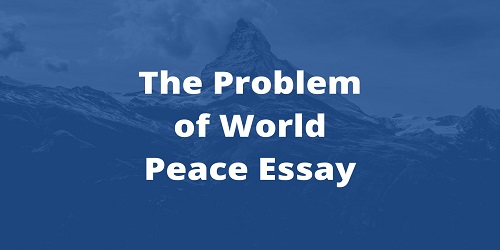
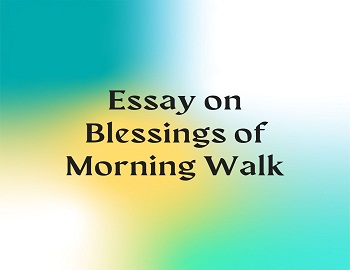
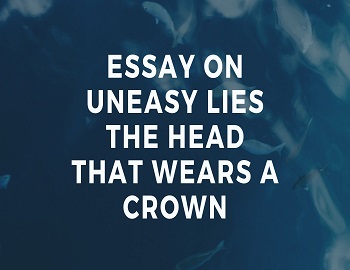
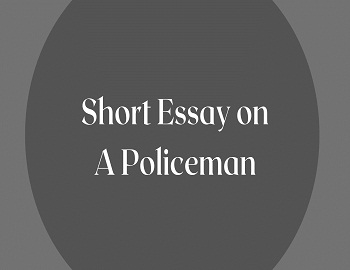
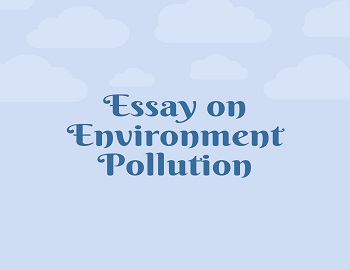
Comments (No)